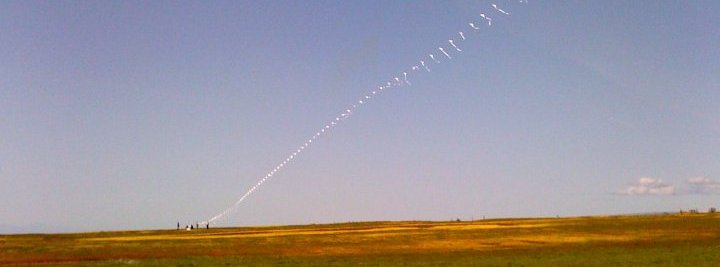How to deal with contradictions on the path to awakening?
The Fourth Way describes the lack of unity of man, and his many contradictions. What challenge does this fact pose on the path to awakening?
“Do I contradict myself? Very well then I contradict myself.” – Walt Whitman
These words from Walt Whitman have long resonated in the minds of readers, sometimes serving to inspire, but sometimes acting as an eloquent excuse to drift, to seek distractions, to deviate from a straight path and single aim.
According to the Fourth Way, a major obstacle to inner unity is that, unlike Whitman, we are protected from seeing our contradictions by “buffers.” Buffers prevent contradictory or separate things from clashing. Additionally, buffers function in the dark. If one were instead to put the light on, to experience them fully, their power would weaken and one could begin to observe oneself fully.
How to shine the light
In starting my inner work towards awakening, I followed the Fourth Way teachings in a direct and methodical fashion. Using the right words, and behaving in a manner perceived to be acceptable, I considered myself to be on a straight path to awakening.
Years later, I realized my ‘machine’ was just copying, trying to belong, to be part of something. I understood I had to make this teaching my own. Unity, like will, cannot be imposed or imitated.
One of the first challenges to a student of awakening is the temptation to appear perfect. One forgets that this is just a lesson to learn: to bear the suffering of failing. Especially devastating is the realization of that one has made the same mistakes again and again, falling into the same old trap.
Without a genuine and specific aim, one cannot observe oneself. Without observing oneself one will not be able to see one’s contradictions. For example, only if I formulate an aim, say “not to express any complaints,” can I observe my complaints. Why can’t I keep that aim? Because the ‘I’ that wanted to keep aim is not in control anymore. Another thought, emotion, or sensation comes along and feels quite justified to express any complaint.
So my first step towards unity was to understand that I did not have it. It was easy to read this obvious fact in Peter Ouspensky’s writings. However, this understanding comes only when I see myself fall. Understanding can be achieved when knowledge and being grow simultaneously. Then can one verify an observation made by Churchill at the end of a long career:
Success is the ability to go from one failure to another with no loss of enthusiasm. – Winston Churchill
Time will tell
Gurdjieff pointed out that his students always asked right away how to change something they observed, lacking the realization that the observation is key to any change. Whitman’s thought points in the same direction. Not to “buffer” what one’s sees, but to embrace all the contradictions inside. Judging oneself is often the first reaction when seeing one’s shortcomings. Instead, one can embrace them and disallow them from taking away from the moment.
There are many formulaic prescriptions for achieving inner unity, such as finding the “right third force,” “bridging intervals,” or “giving up self-will.” These remain theoretical unless one tastes the humiliation of not being the more unified observer, the One behind the many manifestations of our lives.
Gradually out of the tumult of angers, losses, ambition, ignorance, ennui, what I am picks its way. – Walt Whitman
